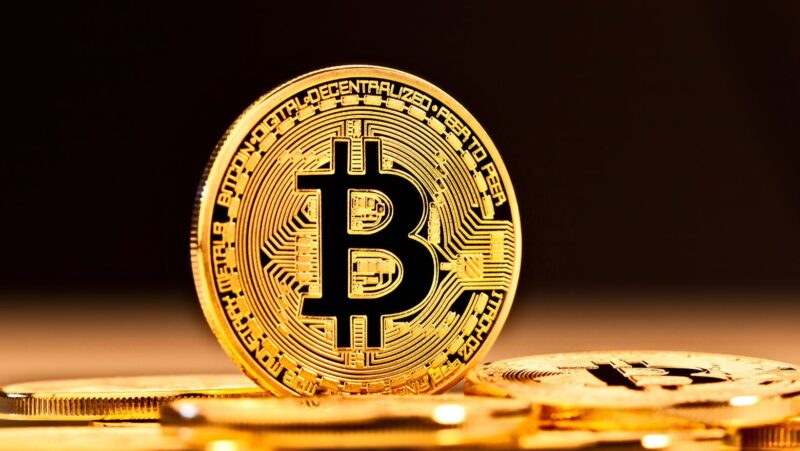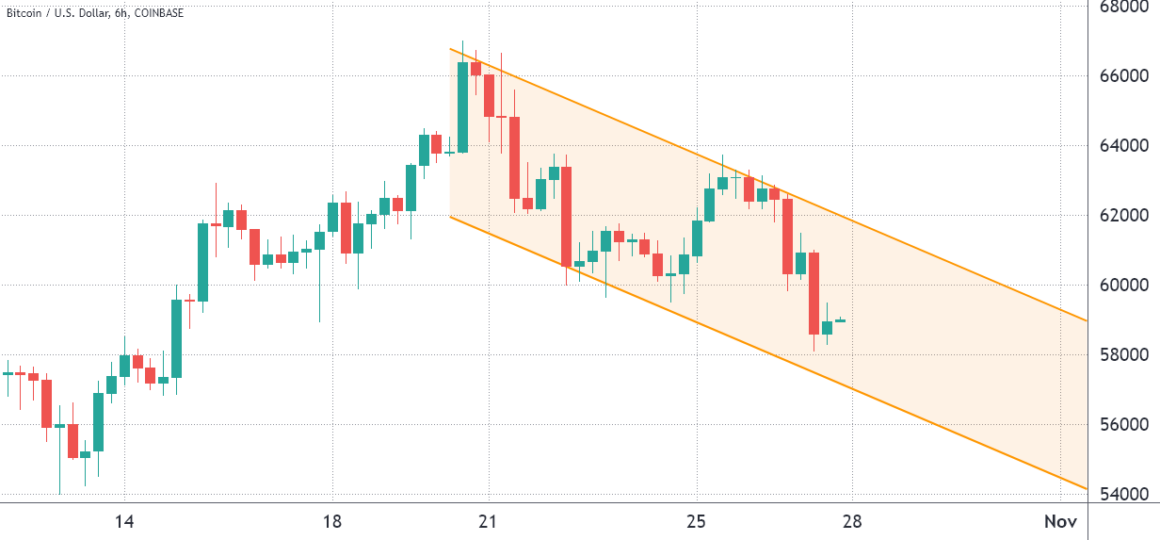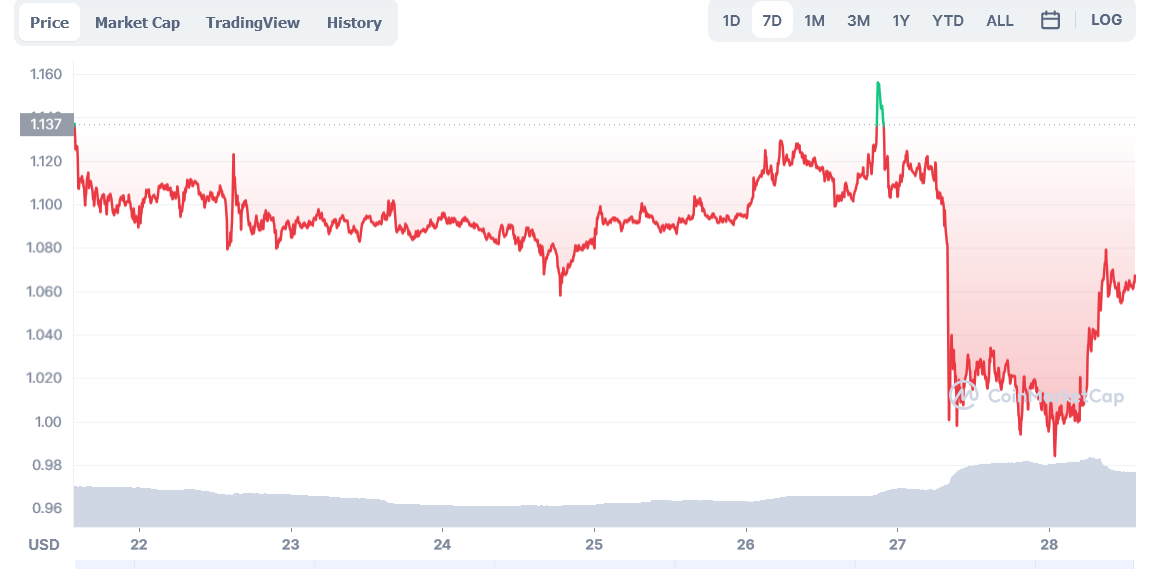Bitcoin has become a household name over the past decade, synonymous with the concept of digital currency. Unlike traditional money issued by governments and banks, Bitcoin exists entirely online. It represents a paradigm shift in how people perceive, store, and exchange value. But what exactly is Bitcoin, how does it work, where does it stand in the all countries currency list, and why has it captured the attention of investors, tech enthusiasts, and even regulators around the world?
The Origins of Bitcoin
Bitcoin was introduced in 2008 by an anonymous individual or group using the pseudonym Satoshi Nakamoto. The whitepaper, titled Bitcoin: A Peer-to-Peer Electronic Cash System, outlined a revolutionary approach to money—one that did not require a central authority to validate transactions. Instead, Bitcoin relies on a decentralized network of computers, known as nodes, which collectively maintain a public ledger called the blockchain. This innovation allows people to send and receive funds across the globe without intermediaries, ensuring transparency and reducing the risk of fraud.
How Bitcoin Works
At its core, Bitcoin is a digital asset secured by cryptography. Every transaction is recorded on the blockchain, which is publicly accessible and immutable, meaning once a transaction is verified, it cannot be altered. To validate transactions, Bitcoin uses a process called “mining.” Miners solve complex mathematical problems to confirm transactions and add them to the blockchain. In return, they are rewarded with new Bitcoins—a process that also introduces new coins into circulation.
The total supply of Bitcoin is capped at 21 million coins, a limit designed to create scarcity and prevent inflation. This contrasts sharply with traditional fiat currencies, which governments can print in unlimited quantities. The limited supply is one reason many view Bitcoin as “digital gold,” a hedge against inflation and economic instability.
Uses of Bitcoin
Bitcoin can be used in various ways. Some people view it primarily as an investment, hoping that its value will increase over time. Others use it as a medium of exchange to purchase goods and services online or in physical stores that accept cryptocurrency. International transfers are another significant use case. Traditional cross-border payments can be slow and expensive, often taking several days and incurring high fees. Bitcoin allows for near-instantaneous transfers with lower costs, making it attractive for global transactions. Additionally, Bitcoin has enabled financial services such as Bitcoin loans, where individuals can borrow funds using their Bitcoin holdings as collateral. This has opened new opportunities for liquidity without the need to sell digital assets. 
Furthermore, Bitcoin has become a tool for financial inclusion. In regions with limited access to banks, people can use Bitcoin to store wealth, make payments, and participate in the global economy without relying on traditional financial institutions.
Advantages of Bitcoin
Bitcoin offers several notable advantages. First, it is decentralized, meaning no single entity controls the network. This reduces the risk of censorship or manipulation by governments or banks. Second, Bitcoin provides transparency and security. Every transaction is visible on the blockchain, and the cryptographic protocols ensure that funds cannot be spent twice or stolen easily. Third, Bitcoin is borderless, allowing anyone with an internet connection to participate in the network.
Another advantage is its finite supply. Unlike fiat money, which can lose value due to inflation, Bitcoin’s scarcity can preserve purchasing power over time. This feature has drawn attention from investors seeking alternative assets to diversify their portfolios.
Risks and Challenges
Despite its potential, Bitcoin comes with risks. Its price is notoriously volatile, with dramatic swings in value that can happen over days or even hours. This volatility can make it challenging to use Bitcoin as a stable medium of exchange.
Security is another concern. While the blockchain itself is highly secure, individual Bitcoin wallets and exchanges can be vulnerable to hacks. Users must take precautions, such as using hardware wallets or trusted custodial services, to protect their holdings.
Regulatory uncertainty is also a significant challenge. Different countries have varying approaches to cryptocurrency, ranging from full acceptance to outright bans. Regulatory changes can influence Bitcoin’s price and adoption, adding another layer of unpredictability.
Bitcoin and the Broader Economy
Bitcoin is not just a financial asset—it is also part of a broader movement toward decentralization and digital finance. Its underlying technology, blockchain, has inspired a wide range of applications, from smart contracts to decentralized finance (DeFi) platforms. These innovations are transforming industries, including banking, supply chain management, and real estate.
Moreover, institutional adoption of Bitcoin is increasing. Companies, hedge funds, and even some governments are exploring ways to hold Bitcoin as part of their financial strategy. This growing acceptance signals a shift in perception, from Bitcoin being a niche experiment to a legitimate asset class with long-term potential.
The Future of Bitcoin
The future of Bitcoin is both promising and uncertain. On one hand, technological improvements, such as the Lightning Network, aim to make Bitcoin faster and more scalable for everyday transactions. On the other hand, market volatility, regulatory scrutiny, and environmental concerns related to mining could impact its long-term adoption.
Despite these challenges, Bitcoin continues to attract attention for its potential as a decentralized, secure, and scarce digital currency. For many, it represents a new era in finance, one where individuals have greater control over their wealth and the ability to transact freely across borders.
Conclusion
Bitcoin is more than just a digital currency—it is a financial and technological innovation that challenges traditional notions of money. With its decentralized nature, finite supply, and global reach, Bitcoin offers a unique alternative to conventional financial systems. However, like any investment or emerging technology, it carries risks and uncertainties that users must carefully consider.
Whether Bitcoin will become a mainstream form of money or remain primarily an investment asset is yet to be seen. What is clear, however, is that it has sparked a revolution in the world of finance and technology, inspiring new ideas about how money can be created, transferred, and stored in the digital age.
The Tech Whisperer: If it’s got code, she can crack it. Alexa is our tech guru, the one who explains the ins and outs of blockchain technology in a way that even Matej can understand. She’s also responsible for making sure our site doesn’t crash every time Bitcoin’s value takes a nosedive.



